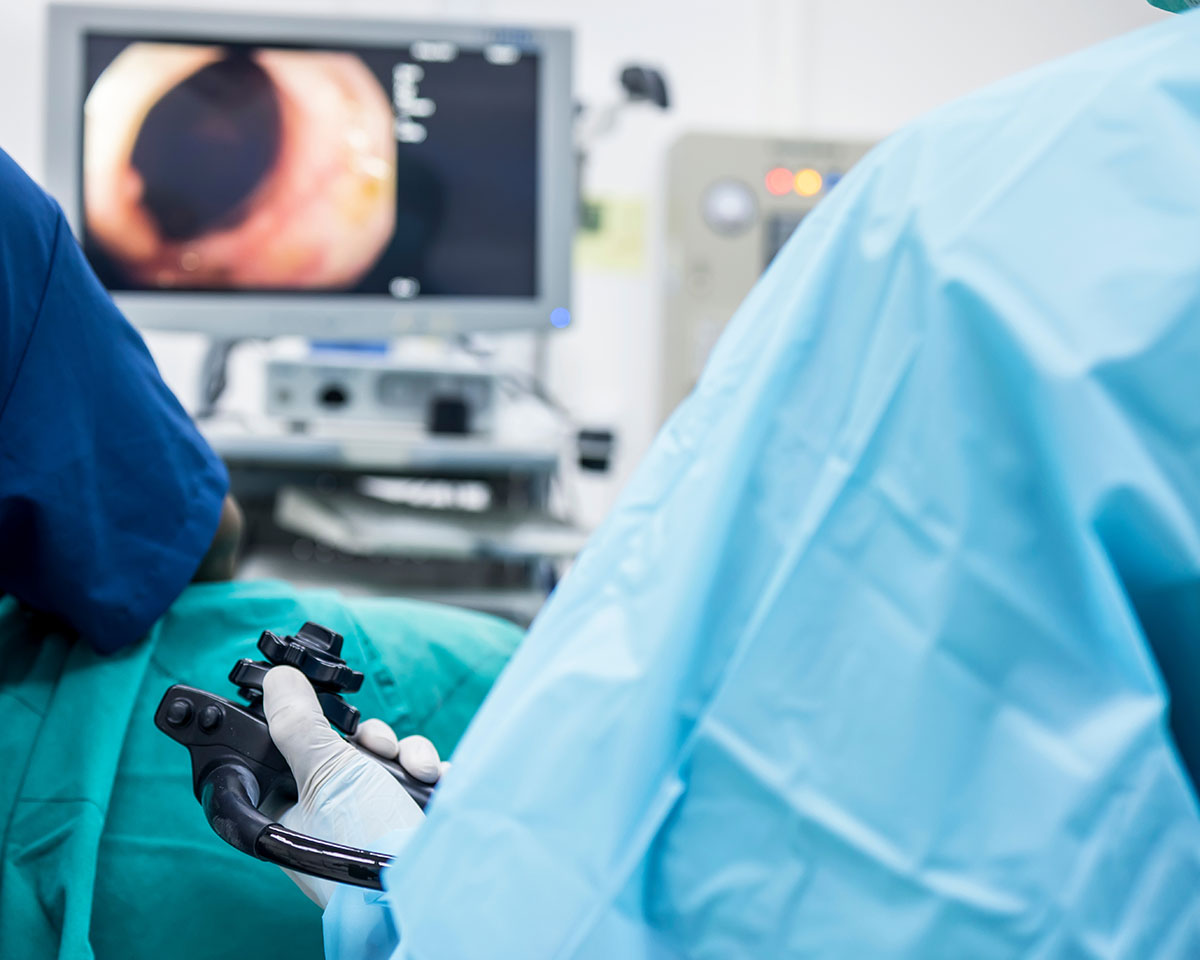Colon cancer is one of the most common cancers worldwide, but early detection and proper staging can make a life-changing difference. Understanding the stages of colon cancer, diagnostic methods and available treatment options can empower individuals to take proactive steps toward their health.
Whether you’re seeking information for yourself or a loved one, this guide will help you navigate colon cancer staging and treatment in Singapore.
Table of Contents
ToggleUnderstanding Colon Cancer Staging
What Is Colon Cancer Staging?
Colon cancer staging is a critical process that helps doctors determine the extent of cancer spread and the best course of treatment. Staging provides insight into how deeply the cancer has penetrated the colon wall, whether it has spread to nearby lymph nodes, and if it has metastasised to other organs. Understanding the stage of colon cancer allows for accurate prognosis and treatment planning.
Stages of Colon Cancer (0-IV)
Colon cancer is categorised into five main stages, from 0 to IV:
- Stage 0 (Carcinoma in situ): The cancer is confined to the innermost layer of the colon lining and has not spread.
- Stage I: The cancer has grown beyond the inner layer of the colon but has not spread to lymph nodes or distant organs.
- Stage II: The cancer has penetrated deeper layers of the colon and may involve nearby tissues but has not spread to lymph nodes.
- Stage III: The cancer has spread to nearby lymph nodes but not to distant sites.
- Stage IV: The cancer has metastasised to distant organs such as the liver, lungs, or peritoneum.
Each stage requires a different treatment approach, with early-stage cancers often being more treatable than advanced-stage cancers.
Advances in Staging Techniques
New Technologies in Colon Cancer Staging
Recent advancements in medical technology have significantly improved colon cancer staging. Molecular and genetic testing can provide a deeper understanding of tumour behaviour and potential treatment responses. Liquid biopsy, a minimally invasive test that detects cancer-related DNA in the bloodstream, is emerging as a promising tool for monitoring disease progression and response to treatment.
Role of Imaging in Staging
Advanced imaging techniques play a vital role in accurately determining colon cancer stage. Common imaging modalities include:
- Computed Tomography (CT) Scans: Helps detect tumour spread to lymph nodes and distant organs.
- Magnetic Resonance Imaging (MRI): Provides detailed images of soft tissues and is particularly useful in assessing rectal cancer.
- Positron Emission Tomography (PET) Scans: Identifies cancerous cells by detecting their increased metabolic activity.
- Endoscopic Ultrasound (EUS): Allows for precise tumour depth evaluation, especially in rectal cancer.
These imaging technologies help doctors refine staging accuracy and develop more personalised treatment plans.
Recognising Colon Cancer Symptoms in Singapore
Early Symptoms to Watch For
Early detection of colon cancer can significantly improve treatment outcomes. Common early symptoms include:
- Persistent changes in bowel habits, such as diarrhoea or constipation
- Blood in the stool or rectal bleeding
- Unexplained weight loss
- Abdominal pain, cramps, or bloating
- Fatigue and weakness
Many of these symptoms may also be associated with other digestive conditions, making it essential to seek medical evaluation if symptoms persist.
Awareness of colon cancer symptoms in Singapore is essential for early detection, with common signs including persistent abdominal pain and changes in bowel habits.
Managing Symptoms and Seeking Help
Singaporeans experiencing persistent or unusual gastrointestinal symptoms should consult a specialist promptly. Early diagnosis through screening and timely medical intervention can prevent disease progression.
The detection of colon cancer symptoms in Singapore often leads to prompt screenings, enhancing the likelihood of successful treatment outcomes. Individuals with a family history of colon cancer or predisposing conditions like inflammatory bowel disease should be especially vigilant about symptom monitoring and regular check-ups.
Colon Cancer Screening in Singapore
Screening Options
Early detection through screening is key to preventing advanced colon cancer. Colorectal cancer screening options available in Singapore include:
- Fecal Occult Blood Test (FOBT): A non-invasive test that detects hidden blood in the stool.
- Fecal Immunochemical Test (FIT): Similar to FOBT but more sensitive in detecting small amounts of blood.
- Colonoscopy: A gold-standard procedure that allows direct visualisation of the colon and removal of polyps before they become cancerous.
- CT Colonography (Virtual Colonoscopy): A less invasive imaging alternative for examining the colon.
Colon cancer screening in Singapore is a critical preventive strategy that helps identify cancer at an early, more treatable stage.
Importance of Regular Screening
Regular screening is vital, particularly for individuals aged 50 and above or those with a family history of colon cancer. Screening helps detect precancerous polyps, which can be removed before they develop into cancer. Engaging in regular colon cancer screening is a health priority in Singapore, aimed at reducing the prevalence and severity of the disease.
The adoption of widespread colon cancer screening in Singapore has significantly improved early cancer detection rates. That’s why the Ministry of Health (MOH) Singapore encourages regular colon cancer screening as part of national preventive healthcare efforts.
Colon Cancer Staging and Treatment in Singapore
Advanced Colorectal and General Surgery provides comprehensive colon cancer diagnosis, staging, and treatment in Singapore. Our experienced specialists utilise a range of diagnostic tools to ensure accurate staging and personalised treatment strategies.
Treatment options vary depending on the stage of colon cancer and may include:
- Surgery: The primary treatment for localised colon cancer, involving tumour and lymph node removal.
- Chemotherapy: Used for advanced stages to eliminate cancer cells and reduce recurrence risk.
- Radiation Therapy: Often used in rectal cancer cases to shrink tumours before surgery.
- Targeted Therapy and Immunotherapy: Advanced treatments that specifically attack cancer cells with minimal harm to normal tissues.
The strategy for colon cancer treatment in Singapore typically involves a multidisciplinary approach, integrating surgery, chemotherapy, and radiation therapy. Colon cancer treatment options in Singapore include targeted therapies and precision medicine, tailored to individual patient profiles. Post-operative care is an essential component of colon cancer treatment in Singapore, focusing on recovery and quality of life enhancements.
At Advanced Colorectal and General Surgery, our priority is patient-centred care, ensuring that every patient receives the most effective and appropriate treatment. If you or a loved one are concerned about colon cancer, schedule a consultation with our specialists today to discuss screening and treatment options.





